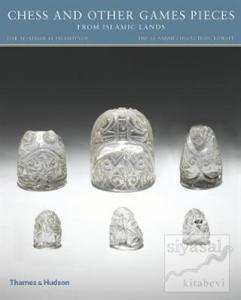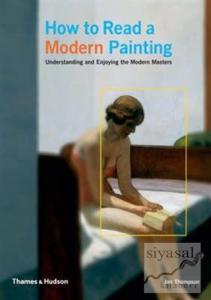Light, Air and Openness (Ciltli)

In the first half of the 20th century a new kind of architecture appeared across Europe and North America, characterized by plain, often pure white walls; wide windows; flat roofs; and prominent balconies, terraces, and roof gardens. Paul Overy explores the era's preoccupations with fresh air and sunshine, space, health, and hygiene, and how these concerns became fundamental to the development of new architectural and design practices. Illustrated with 66 archival images, this book considers individual buildings in Europe and the United States-by such architects as Adolf Loos, Walter Gropius, and Le Corbusier-in the context of class and social control, luxury and austerity, race and colonialism. Many have become classics of their type, and are now legally protected from demolition or alteration and have recently been restored and reconstructed.
- Açıklama
In the first half of the 20th century a new kind of architecture appeared across Europe and North America, characterized by plain, often pure white walls; wide windows; flat roofs; and prominent balconies, terraces, and roof gardens. Paul Overy explores the era's preoccupations with fresh air and sunshine, space, health, and hygiene, and how these concerns became fundamental to the development of new architectural and design practices. Illustrated with 66 archival images, this book considers individual buildings in Europe and the United States-by such architects as Adolf Loos, Walter Gropius, and Le Corbusier-in the context of class and social control, luxury and austerity, race and colonialism. Many have become classics of their type, and are now legally protected from demolition or alteration and have recently been restored and reconstructed.
Stok Kodu:9780500342428Boyut:20.50x26.00Sayfa Sayısı:255Kapak Türü:CiltliKağıt Türü:KuşeDili:İngilizce
- Yeni Ürünler
- Yorumlar
- Yorum yazBu kitabı henüz kimse eleştirmemiş.





















